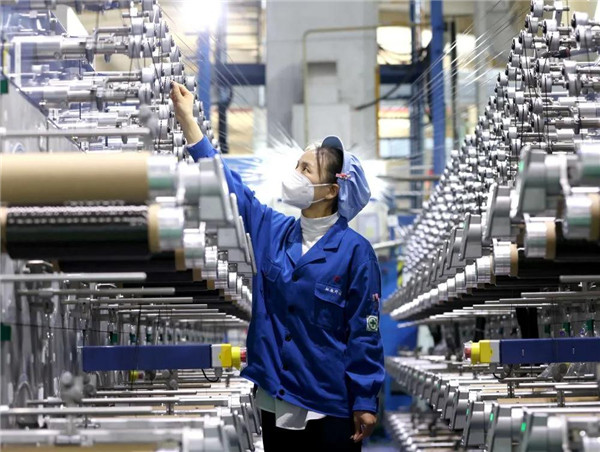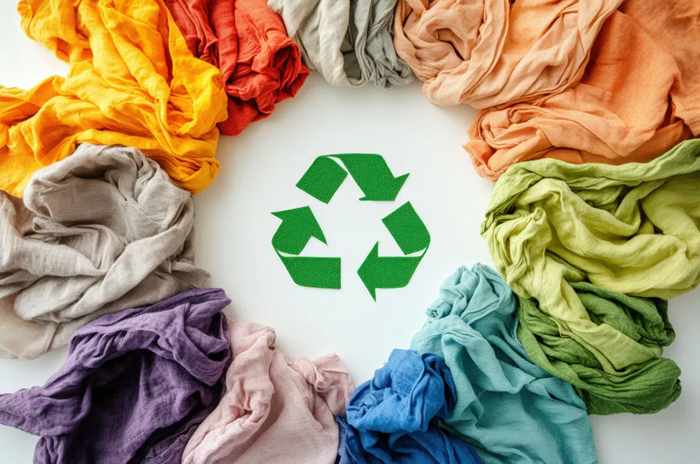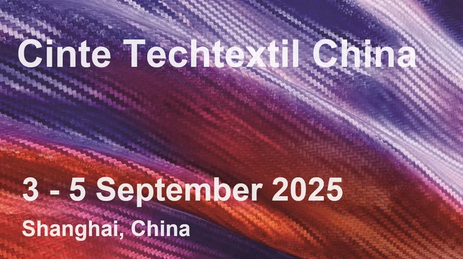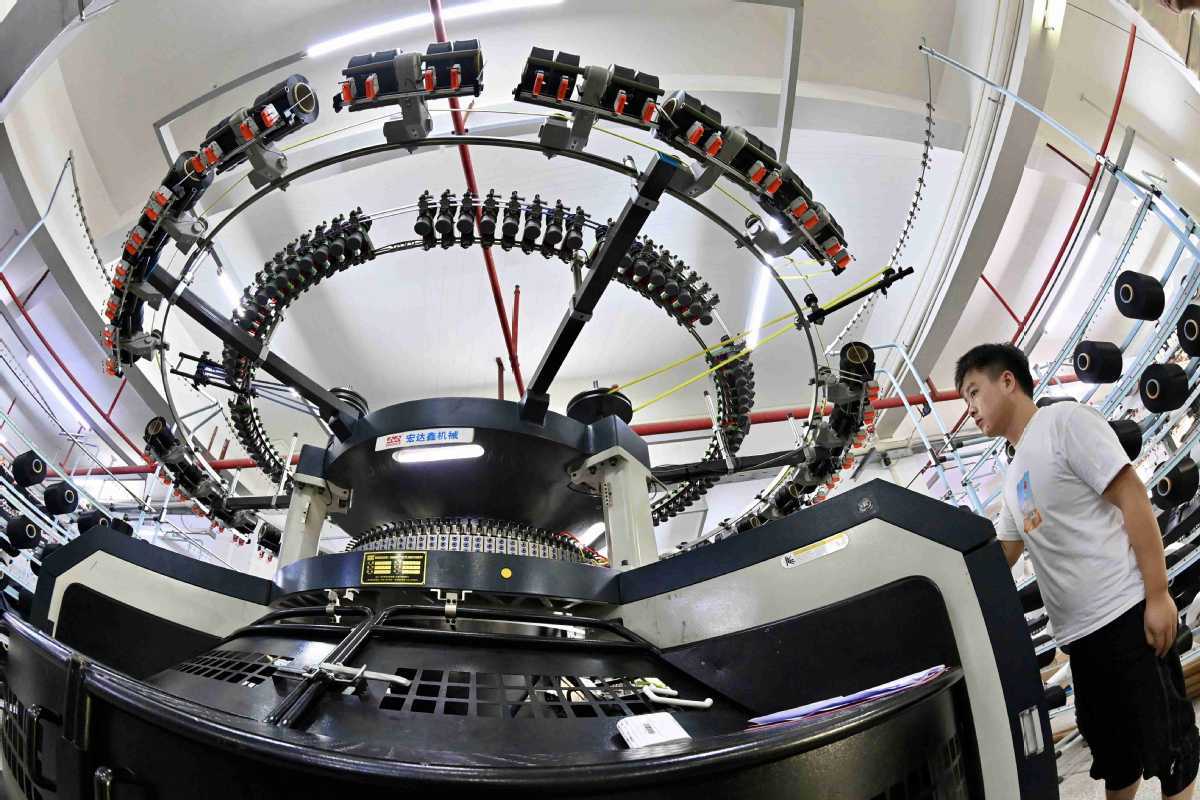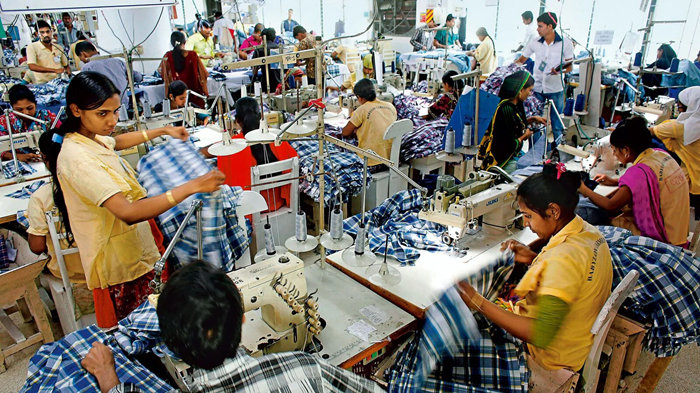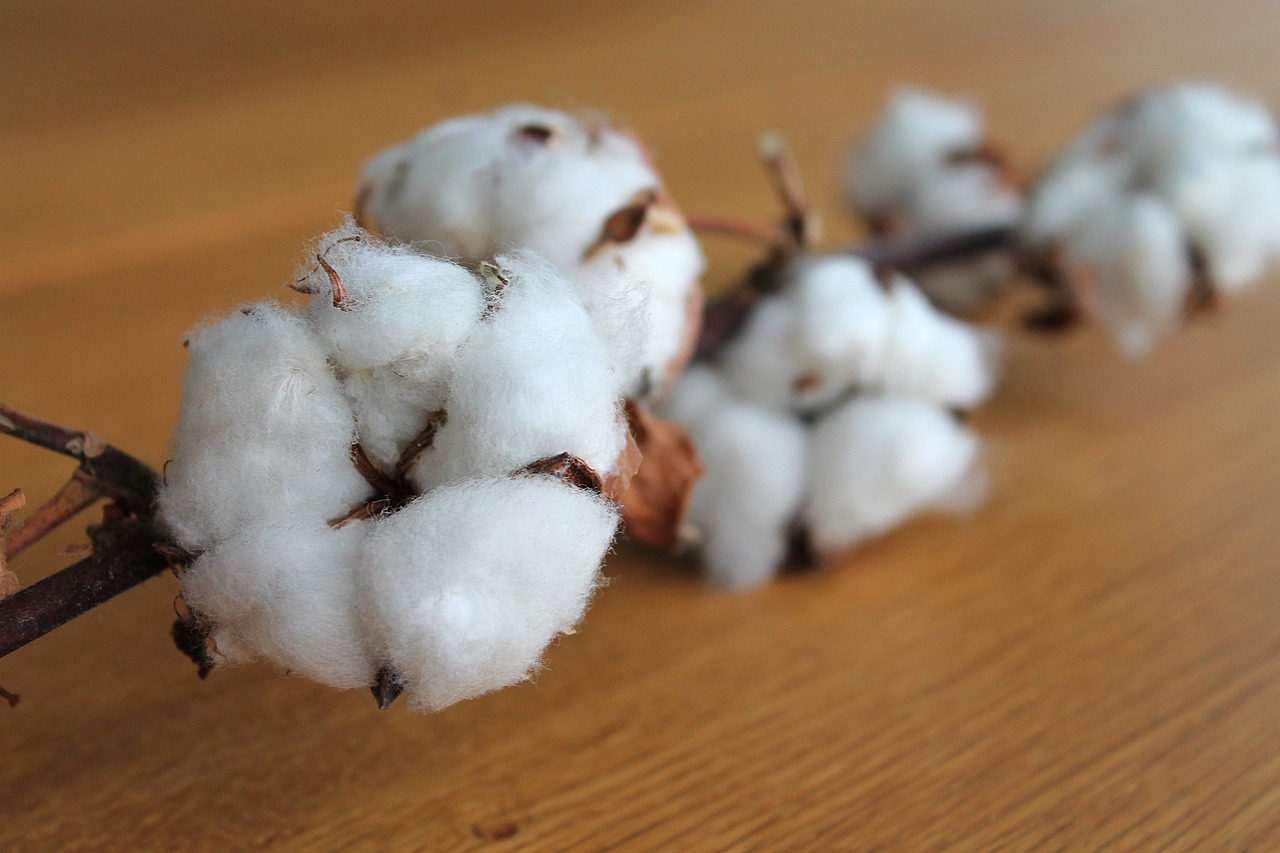Bangladesh is being compelled to forgo $5 billion in annual export revenue due to the absence of a comprehensive policy framework to promote the recycling of post-industrial textile waste, known as jhut, says a new study conducted jointly by GesellschaftfürInternationaleZusammenarbeit (GIZ) GmbH and H&M.
Titled ‘Regulatory Framework to Enable Recycling of Post-Industrial Waste (Jhut) for the RMG Industry in Bangladesh’ the study emphasiseson the need to formalise the jhut sector to unlock the textile industry's potential for innovation and growth through a circular economy.
Currently, limited to 18,000-24,000 tons annually,Bangladesh's recycling capacity for apparel-grade yarns represents only 5-7 percent of the 330,000 to 500,000 tons of cotton and cotton-elastane waste produced each year. Of this, less than 5 percent is upcycled into products like rag rugs, rag dolls, and blankets. Over 55 percent is exported to global recycling companies, while the remainder is downcycled into stuffing materials, incinerated for energy recovery, or sent to landfills.
To address this issues, the study emphasies on the need to establish an effective jhut management framework that maximises economic, social, and environmental benefits. Key recommendations by the study include fostering collaborative stakeholder engagement, protecting workers' rights, promoting circular textile practices, and enhancing capacity and technology in the jhut sector. The study also suggests policy measures for the informal jhut sector, such as improving data transparency through a national jhut database, introducing industry guidelines for jhut management, and revising tax and tariff rules related to jhut transactions.
Additionally, the report proposes setting up central depository systems and cluster-based sorting hubs to encourage decent work and social inclusion, as well as improving the investment environment for advanced recycling technologies. The current disposal methods, which include incineration and downcycling, pose significant environmental risks, such as air pollution and resource depletion.
Lastly, the study highlights the global shift towards sustainability in the textile sector, driven by major brands like H&M and stricter regulations from bodies like the European Union. This trend presents an opportunity for Bangladesh to enhance trade through sustainability goals, formalise the jhut sector, and adopt circular economy models, thereby driving innovation and market growth for recycled textiles, it says.




